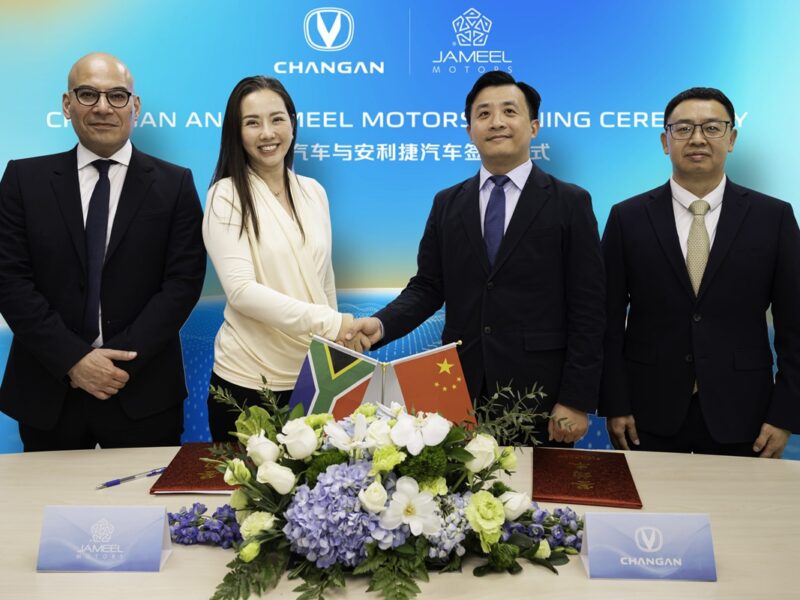The Covid pandemic is leading to a huge demand for ‘smart’ living spaces in future in the Middle East and beyond, as working from home (WFH) is increasingly becoming commonplace, a sector expert said.
This, in turn, will drive more usage of electricity at home, forcing companies and governments to explore alternatives to keep both operating costs and consumption under control.
“We foresee that ‘smart’ living spaces will be more in demand in the future, leading to demand for energy efficient systems that help to save on energy costs,” Alaa Mousa, Sales Director – Middle East, Hager Group, told Arabian Business.
“Energy efficiency and environment friendly products will be the future of smart living spaces,” added the senior executive of Hager, the Germany-based global leader in electrical installation systems.
Mousa said at a time when energy is scarce and more expensive, reducing unnecessary costs has become a real priority.
“Providing information on energy consumption and encouraging users to adopt environmentally friendly behaviour can achieve energy savings of up to 10 percent,” the Hager executive said.
Mousa also listed innovations on smart, detectors-and-remote-controlled lighting systems and accelerated adoption of solar panels by homeowners in the region as the other trends set off by the pandemic.
“Lighting is a source of comfort for users, but it is also a major expenditure item,” Mousa said, adding that using lighting more efficiently while maintaining an optimum level of comfort and a pleasant atmosphere will become imperative going forward.
 Alaa Mousa, Sales Director – Middle East, Hager Group.
Alaa Mousa, Sales Director – Middle East, Hager Group.
He said working on innovative solutions to categorize different lighting needs by identifying highly frequented walk-through areas, working hours and natural lighting, and developing smart switching solutions is currently among the focus areas for companies such as Hager.
Mousa also revealed that 5 percent of the company’s global turnover is re-invested into research and development to develop innovative solutions that contribute to smart living and a greener planet.
“Outdoor and indoor lights can be managed automatically and on a regular basis, thanks to astro switches or time lag switches, or adapted to the current situation by detection of external constraints, using twilight switches or detectors.”
The Hager executive also revealed that the company is already working with several developers in the Middle East on implementing its ‘futuristic’ energy management and lighting systems.
Expo Golf Villas and Arabian Ranches 2 Camelia by Emaar, Vera and Reva Towers and Akoya Oxygen by Damac, Villanova Project by Dubai Properties, Marbella Villas by RAK Properties (all in the UAE) and Al Mouj Rayhaan Rotana by Atkins in Oman are among the projects Hager is associated with.
 Akoya Oxygen by Damac.
Akoya Oxygen by Damac.
Another prestigious project the German major is associated with is the Ras Abu Aboud Stadium in Qatar for the FIFA 2022 World Cup.
“Hager will also be powering several pavilions at Dubai Expo such as the German, Thailand, Poland, Uzbekistan and the Operations Pavilion,” Mousa said.
Mousa said another trend Hager foresees in smart homes is the increased use of solar panels to produce electricity.
“As consumers move towards adopting electric vehicles (EVs), we also foresee smart home energy management systems to have electric charging stations at homes,” Mousa said.
Mousa said Hager Group has a smart home platform that enables seamless connectivity for applications using multiple wireless networks using smart phone apps and Bluetooth.
“We have smart solutions that fit the requirements of smart city and smart living. Our solutions for EVs also address the needs of smart cities, – so there are opportunities for us to provide solutions for the UAE’s plans for smart cities,” Mousa said.









